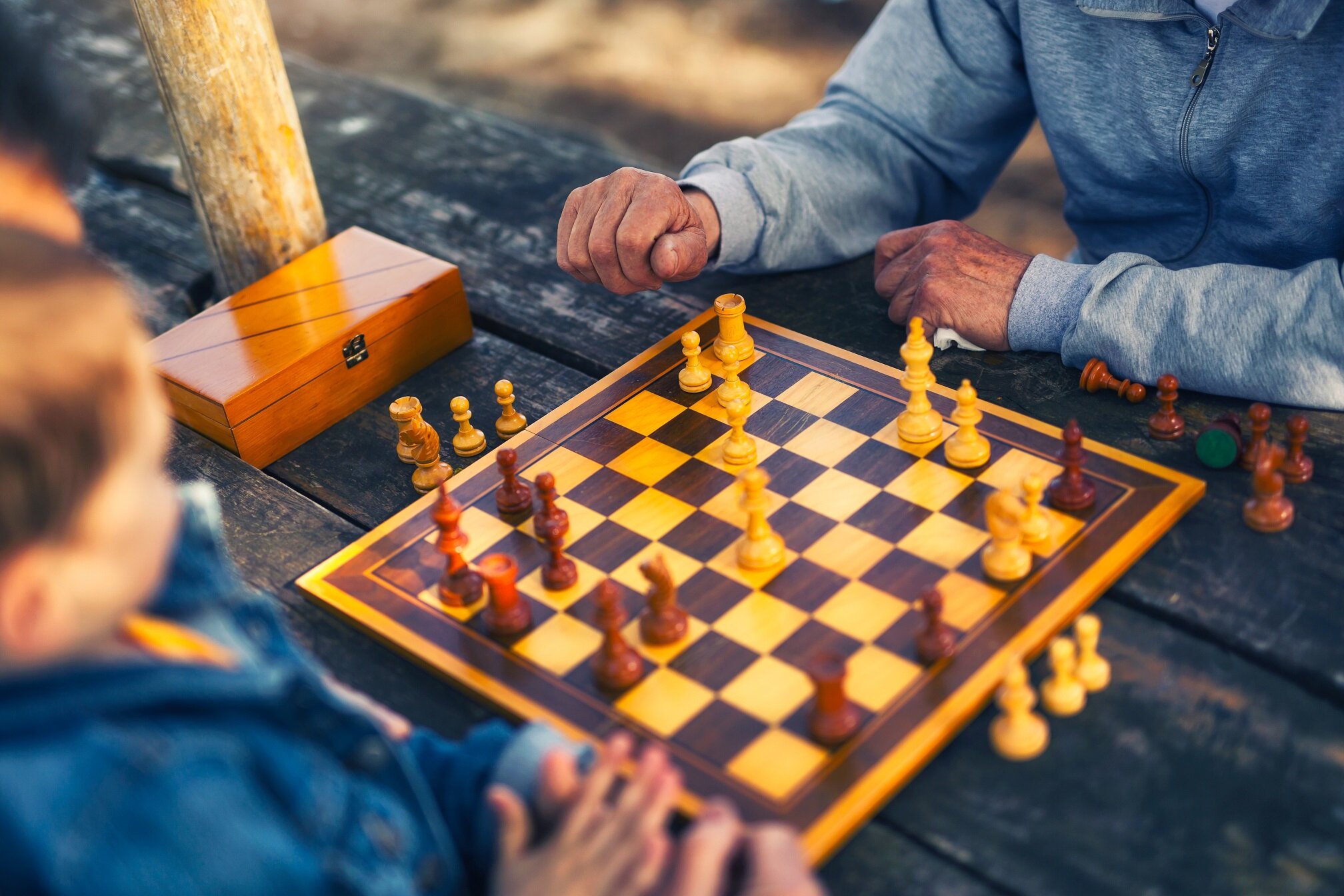By Trudi Edginton - University of Westminster
After a busy and stressful year, I recently found myself physically and mentally exhausted with a very real need to relax. A last-minute holiday felt like a perfect solution and I returned feeling refreshed and recharged. What was it that helped me to relieve my physical tension and restore my inner calm? Was it exploring somewhere new, swimming in the sea, spending time with family – or just lying on the beach, touching the sand and completely switching off?
Image Credit: Dudarev Mikhail via Shutterstock / HDR tune by Universal-Sci
As a clinical psychologist, cognitive neuroscientist and mindfulness teacher, I am fascinated by how our thoughts and emotions relate to our physical responses. They are a key to understanding our ability to tolerate and respond to stress. Scientific research has highlighted a range of ways our individual perception and experience of stress vary. For example, the amounts of certain chemicals in our bodies that affect how we feel, such as cortisol and oxytocin, can be negatively affected by a lack of attachment, social support and even how confident we are that we can control our situation.
Responding to stress
Modern working patterns, and in particular our use of technology such as smartphones, make it harder to establish clear boundaries between our work and personal lives. We are constantly bombarded with sensory information and exposed to global events in an instant. When coupled with greater demands on our time and less time for ourselves, this gradually can lead to stress or burnout.
Our ability to respond to stress is essential for our survival. Our sympathetic nervous system is responsible for activating our fight, flight or freeze responses. Our bodies quickly restore balance when stress is short-lived, but more persistent stress is much harder to manage. Our long-term physiological responses are regulated by specialised brain systems that release hormones when our highly evolved frontal cortex perceives stress.
A welcome distraction - (Image Credit: adriaticfoto via Shutterstock / HDR tune by Universal-Sci)
The development of humans' frontal cortex has provided us with a greater capacity to contemplate, make decisions and plan ahead. But it is also responsible for generating even more stress. Our unique ability to mentally “time travel”, to remember the past and imagine the future, can also mean that we spend too much time ruminating on things that have happened, leading to low mood, and worrying about things that have yet to happen, leading to anxiety.
Ultimately, this can take its toll on our physiology and disrupt cortisol regulation. This leads to fatigue, reduced immune function and changes in brain structures, including connections associated with learning, memory and emotional processing.
Given the problems this can cause, our ability to relax and effectively manage stress is essential for our physical and mental well-being. Interestingly, our choices and the activities that can help us relax and manage stress can vary hugely from person to person. My own response tends to be grounded in my belief in science, my personal mindfulness practice and my love of dance, which I find gives me greater awareness of my body and mind and helps reconnect me with nature and loved ones.
Immerse yourself
Mindfulness meditation is a way of encouraging you to be aware of your internal and external experience – your thoughts, feelings and bodily sensations, including breathing – that can quieten the mind and relieve tension. Focusing on and accepting these experiences can improve the flexibility and control of your attention and reduce distress and discomfort. Recent studies have shown that mindfulness interventions, delivered by trained instructors who are aware of all of the psychological effects, are powerful techniques that increase brain connectivity and activation, and thickness in the frontal cortex. This especially is the case in the brain areas that regulate emotion, pain, attention, stress and well-being.
But other people may find physical or creative activities just as relaxing. Creative and physical activities including art, music, sport, dance and yoga can have beneficial effects on immune function, blood pressure, heart rate, cognitive function and well-being. This may again be due to the way these activities refocus your attention and can create a sense of flow when you are fully immersed in them. Our levels of oxytocin also can increase with greater social connection, easily recognised when we are with our friends, family and even even pets.
Image Credit: Leo Kostik via Shutterstock / HDR tune by Universal-Sci
There are also physical techniques that have been specifically designed to promote relaxation, which can be useful for those who find it difficult to relax without guidance. Progressive muscle relaxation involves systematically contracting and then releasing different muscle groups and noticing sensation. It has proved very effective in reducing physical tension and relieving stress. Some therapists also use guided imagery to encourage people to imagine that their muscles have become heavy or warm in a similar way.
Biofeedback techniques provide people with a visual representation on a computer screen of how their heart rate, blood pressure or brain waves change. This can be incredibly useful in helping children and those with attention difficulties to focus and combat stress, as visual cues can provide motivation and encourage self-monitoring.
Given the complex links between our environment, minds, brains and bodies, it is not surprising that relaxation can be challenging, elusive and at times neglected. Yet simply allowing ourselves time to focus on our breathing, a feature that is common to most relaxation techniques, can improve cardiovascular and brain functions and reduce stress. Each requires elements of attentional control, curiosity, connection and body awareness. Our personal preferences for unique combinations and timings of these elements are essential. This may explain why my holiday in the sun was so effective.
Source: The Conversation




















